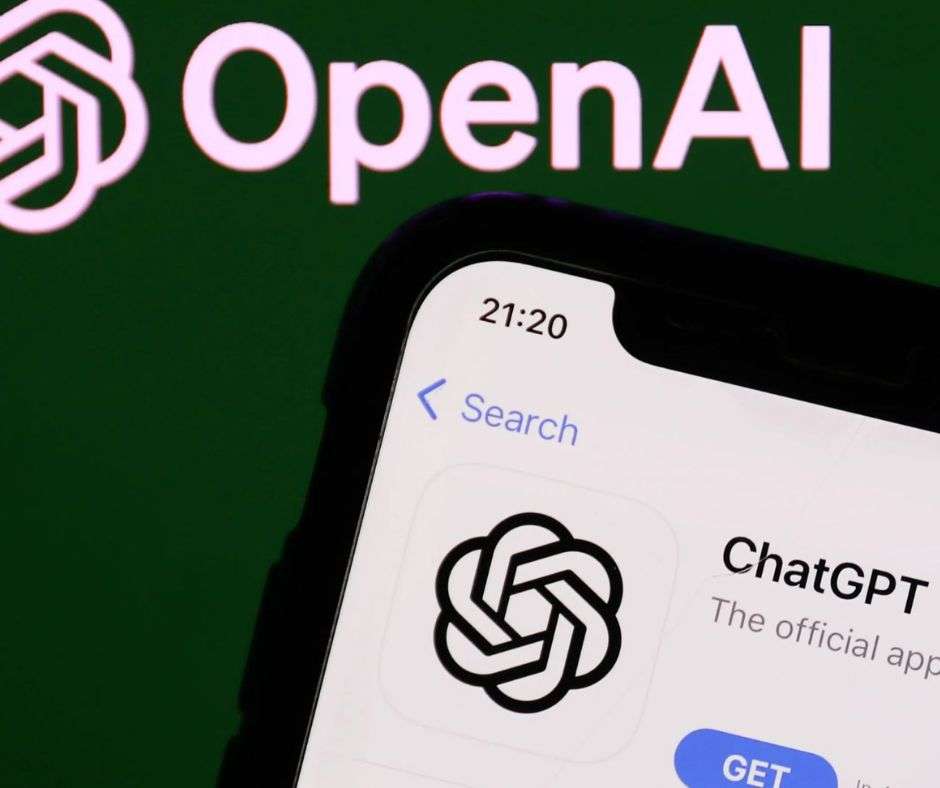OpenAI, a trailblazer in artificial intelligence, made a significant announcement at its inaugural developer conference, where it introduced GPTs (Generative Pre-trained Transformers), custom chatbots powered by the company’s generative AI models. These chatbots were envisioned as versatile tools capable of assisting users with a wide array of tasks, spanning from learning esoteric scientific subjects to obtaining workout tips.

However, recent findings have shed light on a concerning issue plaguing the GPT Store, OpenAI’s official marketplace for GPTs. The store appears to be inundated with an influx of peculiar and potentially copyright-infringing GPTs, raising questions about OpenAI’s moderation strategies and the quality control mechanism implemented within the GPT Store.
The Proliferation of Spam GPTs
The GPT Store currently exhibits an alarming trend of GPTs that not only allude to generating art imitating popular properties such as Disney and Marvel but also serve as conduits to third-party premium services while claiming to circumvent AI content detection tools like Turnitin and Copyleaks. This trend is not only detrimental to OpenAI’s reputation but also poses a significant challenge to maintaining the integrity of academic and creative content globally.
Violations of OpenAI’s Policies
OpenAI’s terms unequivocally prohibit developers from creating GPTs that promote academic dishonesty. However, a distressing number of GPTs present in the store blatantly disregard these guidelines, with some even daring to assert that they are capable of bypassing established AI content detectors, putting academic integrity at risk .
Furthermore, the proliferation of GPTs that imitate individuals or organizations without their consent represents a clear violation of OpenAI’s policies, highlighting the wider implications of misuse and misrepresentation within the AI landscape.
Safeguarding Academic Integrity and Protecting Creative Content
OpenAI has come forward to address these concerns, emphasizing that GPTs designed to facilitate academic dishonesty or cheating are in direct violation of its policies. It is essential for platforms like the GPT Store to demonstrate a robust commitment to upholding academic integrity and protecting creative content. The prevalence of GPTs that raise concerns about bypassing AI content detectors and enabling impersonation underscores the urgent need for proactive measures to safeguard academic and creative pursuits.
Resolving the issue of spam GPTs within the GPT Store is crucial not only for OpenAI’s credibility and the sanctity of academic and creative content but also for the overall advancement of AI technologies in fostering a responsible and ethical ecosystem.
In a rapidly evolving technological landscape, the responsible integration and management of AI tools are fundamental for upholding the highest standards of integrity and respect for intellectual property. OpenAI’s commitment to addressing the prevalence of spam GPTs in the GPT Store is a pivotal step in ensuring the positive and constructive utilization of AI technologies.

